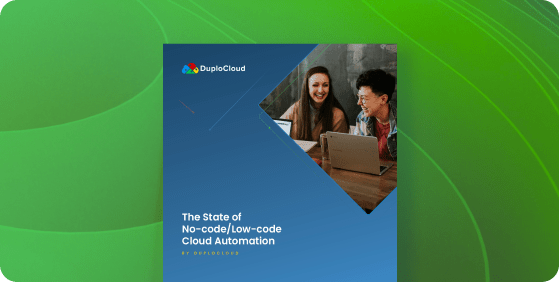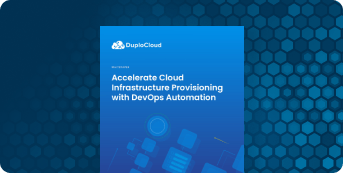This weekend while creating an EC2 host, I got excited seeing “Windows Server 2016 with Containers” option in the menu. Microsoft had launched Server 2016 OS earlier this month and now AWS has launched support for the same. I can now proudly say that Duplo is the first windows container service on AWS. I would congratulate Microsoft and Docker for the API parity they managed to achieve with Docker in Linux.
Duplo’s container management component always supported the concept of “allocation tags” by virtue of which adding support for Windows Containers was a trivial effort. I wish i could write more on what it took to add windows container management support in Duplo, but the fact is there ain’t much to write. It only took an evening which was also mostly spent around the logistics of baking an AMI with duplo agent, exposing the UI options etc. rather than any core code update. Watch a demo below.
The ECS service in AWS is also expected to release the support before the end of 2016 as stated in their blog. In case of Azure i have always been confused about their container management story, they say they support both Mesos and Docker Swarm. Also I heard about them considering support for Kubernetes. But I wonder in a public cloud why does the customer care which container orchestration software creates his containers. More than scheduling the containers the important piece seems to be integration of the service with the cloud eco-system like IAM, LB, DNS, Storage etc. So does Microsoft really plan to do this ecosystem integration with these three container management solutions? Why wouldn’t they just do what AWS did i.e. create their own that works natively in their cloud. It would be interesting to learn more about this strategy as more details become available in future.









